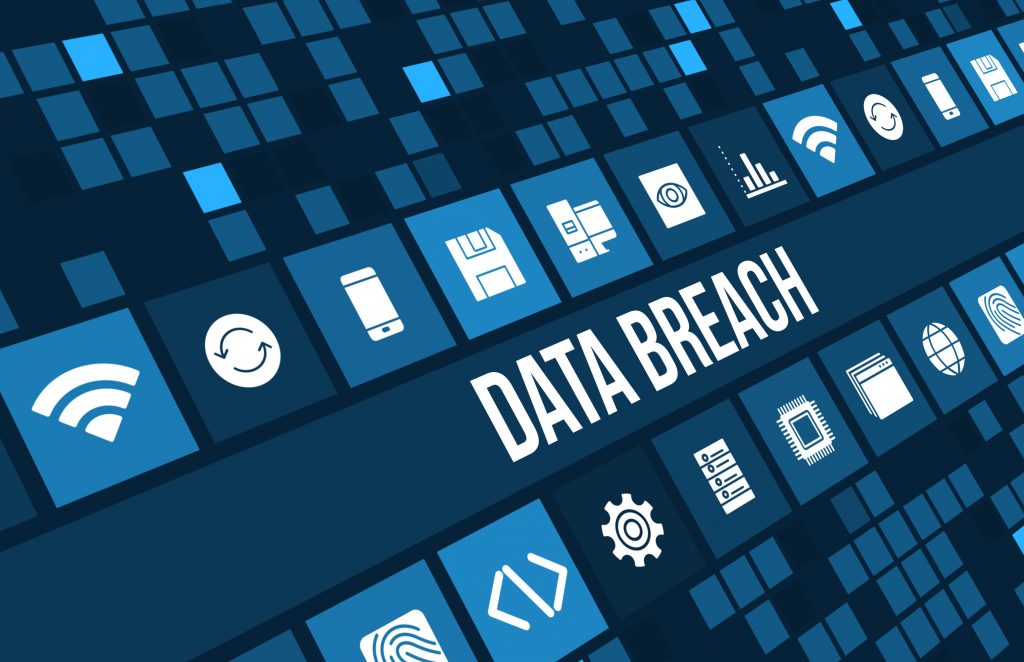
Many of you may not need to know what an enterprise stack is, but if you do then there’s a darn good chance you either have one or you’re responsible for one. Businesses have no choice but to have their operations tailored to digital operating realities nowadays, and being visible online with their website is the only connection that a lot of people will make with that. What they won’t know is that any business relies heavily on data in ways that didn’t exist 20+ years ago, and that is where the real importance lies when it comes to those new digital realities. Software applications are commonly an enterprise stack’s weakest link. A 2020 report found that over 70% of external hacks result from vulnerabilities with software and web applications, and this pushes the need for better web application security. This is beyond the scope our expertise here at 4GoodHosting, as providing good web hosting in Canada is where we’re your best bet but having all the workings of your site being secure is something that everyone can see as important. So let’s use this entry to share what we DO know from doing a little reading of our own. So what is web application security exactly? It is the process of protecting your website and online services against cybersecurity threats that take aim at the app’s coding. Database administration tools like phpMyAdmin, content management systems like WordPress, and SaaS apps are the most common targets for web-app attacks. All Devices at Risk Hackers then use the breached apps to attack devices like smartphones, tablets, and computers when they have access to the internet. Sensitive personal information is often contained here, and this makes them appealing targets for hackers who’d like that data for performing fraudulent transactions. Retail, finance, government, and healthcare sectors are more likely to see cyber-attacks because organizations in these sectors hold massive databases containing personal and financial data. Companies lose the trust of their customers with security breaches, and that’s very understandable. Significant financial losses can result too. Look no further than the $575 million penalty given to Equifax because of a 2017 data breach that...





